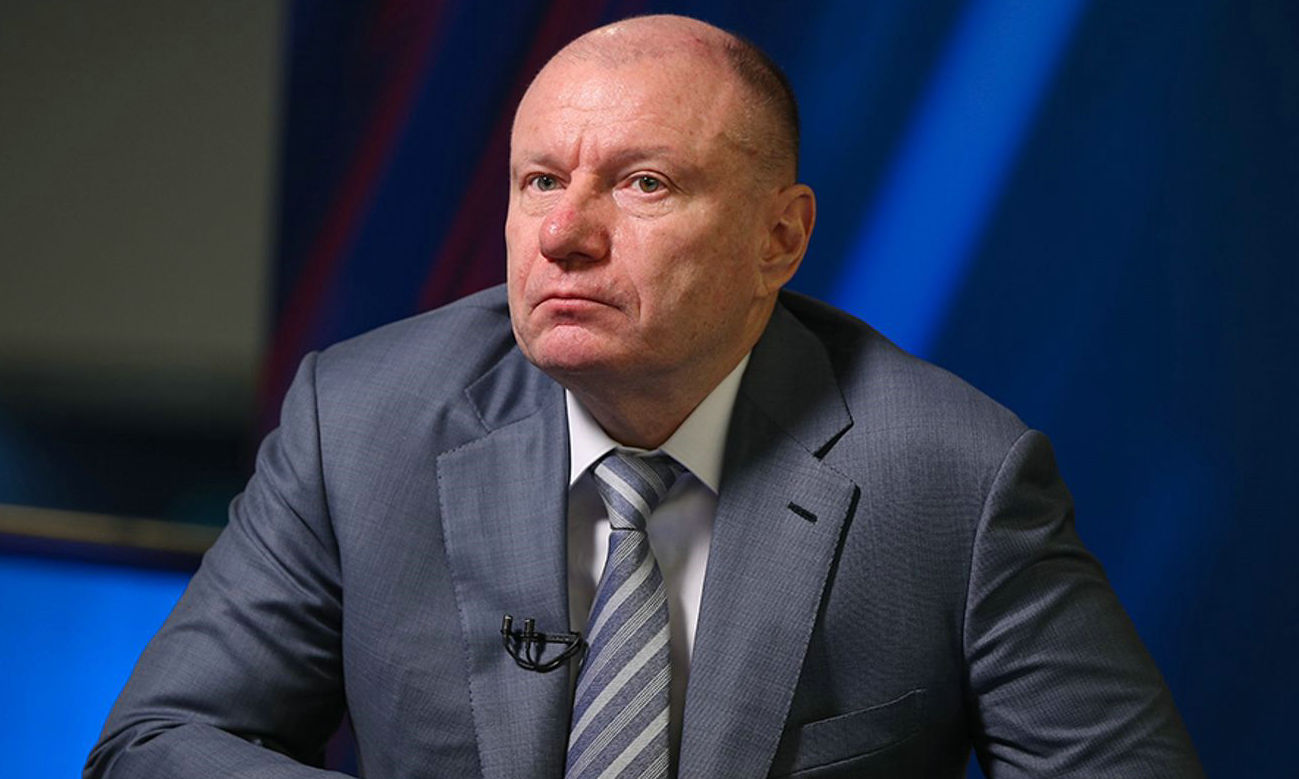In the glittering cosmos of Russian commerce, Vladimir Potanin stands out as one of its brightest stars. As one of Russia's wealthiest individuals, his tale transcends mere amassment of riches; it's a symphony of wisdom, audacity, and the changing tides of time. This narrative delves deep into the extraordinary journey of this business titan, revealing through vivid anecdotes, concrete examples, and authoritative data how Potanin weathered the torrent of epochs to become a legend in commercial history.
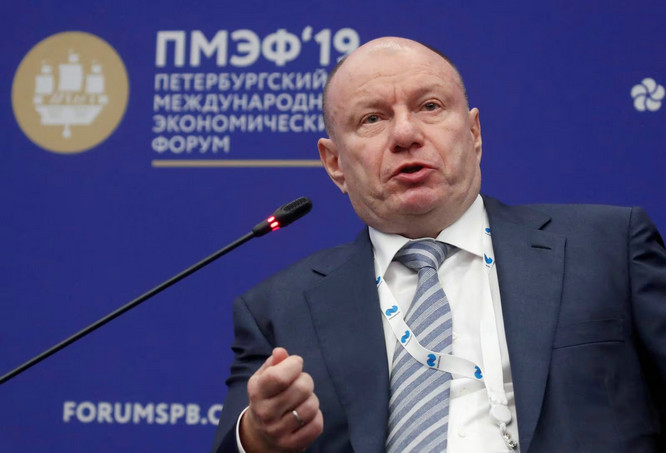
Echoes of Childhood from the Steel City
Born in 1961 into an intellectual family—his father a diplomat, his mother an economist—Potanin’s early years were not solely immersed in academia. The industrial ambiance of Nizhny Tagil ignited in him an early fascination with economics. "My first lessons in economics," he recounts, "came from observing factories in operation." The din of machinery and his parents' discourse on global economies silently sowed the seeds of entrepreneurship within him.
Defying the path taken by many entrepreneurs who dive directly into commerce, Potanin pursued higher education. Studying International Economic Relations at Moscow State Institute of International Relations honed not just his economic foundation but, crucially, broadened his worldview. "Knowledge is the passport to cross borders," he asserts. His international exchanges during vacations refined his acumen for global economic dynamics.
Post-graduation, Potanin briefly followed his family's footsteps into diplomacy, though his heart yearned elsewhere. A 1983 posting at UNESCO exposed him to Western market economies, prompting his life-altering decision to leave diplomacy for business. "Sometimes, stepping out of comfort is necessary to find one's true stage," he reflects.
Back in Moscow, Potanin joined an international trading company instead of diving straight into entrepreneurship. Here, he garnered invaluable practical experience and learned to navigate complex markets. In 1989, as Soviet policies relaxed, he seized the unprecedented opportunity to establish Interros, marking his official entry into empire-building.
Potanin's triumphs hinge on his astute grasp of the era's pulse. Amidst the upheaval of the Soviet collapse, while many adjusted to the new order, he strategized for the future. Leveraging his international market insights and diplomatic-trading networks, Potanin rapidly emerged in finance and natural resources. He firmly believed, "In change, the greatest risk lies in not taking risks." This bold spirit of exploration became the hallmark of his nascent entrepreneurial career.
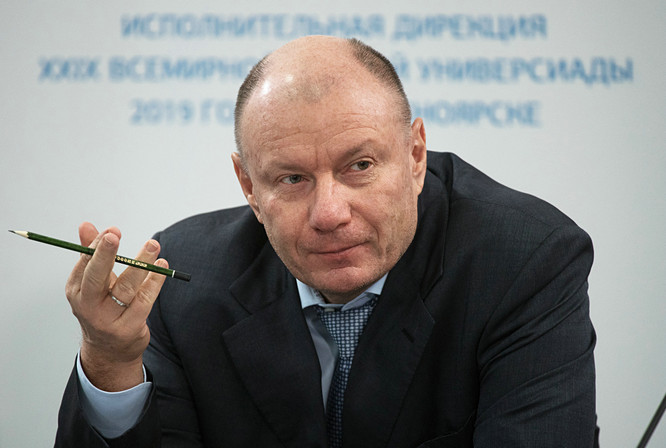
Rising Amidst Turmoil
Russia in the early 1990s stood at a historic crossroads. The dissolution of the Soviet Union brought not only political transformation but a complete overhaul of the economic system. Seizing the zeitgeist, Potanin recognized unparalleled opportunities lurking beneath the surface. "Change breeds infinite possibilities; seize it, and you seize the future," he once stated.
Potanin’s initial fortune sprouted from his ventures in international trade. Amidst information scarcity and nascent market rules, he bravely ventured forth, leveraging his international network and perspective gained at university. Starting small with imports and exports like food and consumer goods, each transaction, successful or not, paved the way for his later audacious strategies.
The pivotal moment arrived mid-1990s when Potanin partook in and steered the “loans-for-shares” scheme. This innovative program allowed private enterprises to loan to the government in exchange for stakes in state-owned firms. With his profound financial acumen and policy interpretation, Potanin adeptly utilized this mechanism to acquire Norilsk Nickel, a mammoth state enterprise. This move not only amassed him vast wealth but also laid the cornerstone of his business empire. He commented, "Risk always accompanies opportunity; the key is in assessment and navigation."
After gaining control of Norilsk Nickel, Potanin didn't rest on laurels but embarked on sweeping reforms. Introducing modern management practices, streamlining operations, enhancing efficiency, and expanding globally, he transformed Norilsk Nickel from a decrepit state entity into a leading metals producer worldwide. These maneuvers skyrocketed the company's value and earned Potanin the title of Russia's richest man, validating his business acumen and execution prowess.
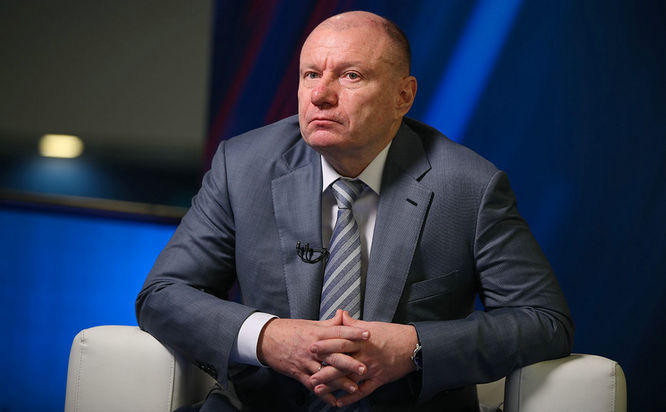
From Golden Tower to Ruins
Within four years, Uneximbank expanded at a dizzying pace, reaching 3.7billioninassetsby1997.BritishPetroleum’s571 million investment for 10% of Sidanko Oil underscored its growth. Meanwhile, Potanin secured $600 million from Western banks and Eurobonds for further privatizations. Despite being relatively small by Western standards, Uneximbank had become one of Russia's largest and most influential private banks.
April 1998 saw Potanin extravagantly celebrating Uneximbank’s fifth anniversary. Billboards across Moscow depicted the bank as Zeus, vowing to be "timeless like nature" and destined for global banking supremacy.
Yet, as Russia plunged into economic crisis, Potanin’s empire crumbled. By early 1999, Uneximbank was 2billionindebtwithnegligiblenetworth.Itdefaultedona250 million Eurobond payment in February. Within two years, the combined market value of Potanin’s three major holdings—Norilsk Nickel, Sidanko Oil, and Svyazinvest Telecom—plunged from 31billionto3.8 billion.
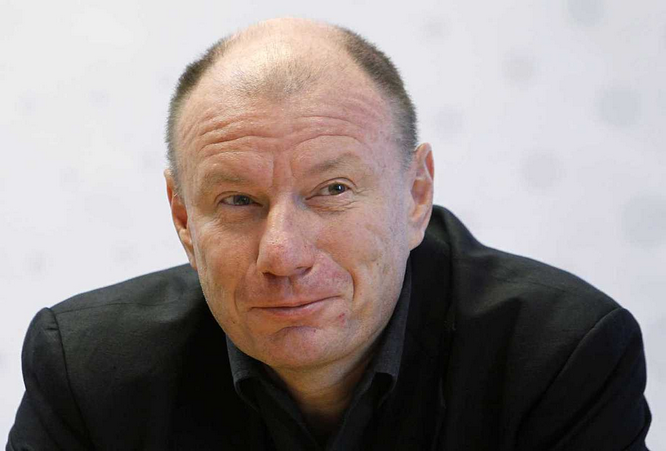
Restarting the Journey
As Putin, who came to power in 2000, vowed to "eliminate oligarchs as a class," Potanin, another beneficiary of the Yeltsin era, trod cautiously, avoiding overt political ambitions. Following the arrest of media mogul Gusinsky, Russia's prosecution office questioned the privatization process of Norilsk Nickel, focusing on undervaluation and manipulated auctions. In response, Potanin defended the transactions as legal while promptly adding $140 million to compensate for the undervaluation, signaling cooperation.
Politically, he avoided confrontation with Putin, adopting a cooperative stance against attacks on his wealth origins and subtly acknowledging the legitimacy of Putin's anti-oligarch campaign. "Putin drew a line between politics and business, and I will never cross it," Potanin declared publicly in 2003.
Heeding Putin's call for social contributions, Potanin established a charity foundation, committing at least $1 million annually to aid orphans and scholarships. To date, the Vladimir Potanin Foundation has supported over 100 schools and more than 1,500 students. In Norilsk, he invested heavily in welfare and environmental projects, allocating 16.6 billion rubles in 2000 for public facilities, elevating living standards to their highest in six decades.
Post-oligarch era, Potanin survived through dual talents in business and politics. After Uneximbank's collapse, he restructured valuable assets, including Norilsk Nickel, under Interros Holding and offshore companies to weather the storm, awaiting better times. Amidst the crisis, Potanin, in high spirits, even invited 100 friends to ski in France to boost morale.
With Russia's economy reviving under Putin, Interros rebounded. In 2001, among Russia's top five private enterprises by sales, Interros ranked fourth with 4billioninannualrevenue.By2003,NorilskNickelachieved5.2 billion in revenue and 8.6billioninprofit.PotaninwaslistedfourthinForbes’2003Russianbillionaireswithanetworthof5.4 billion. In 2004, Forbes ranked him 85th globally, with a net worth of $4.9 billion.
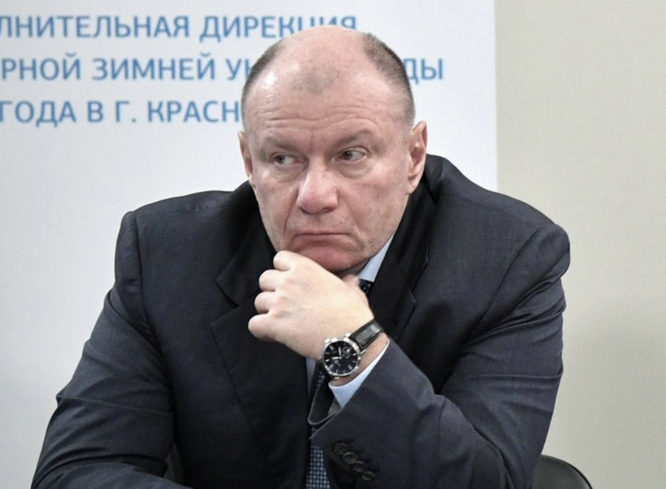
A Pioneer in Green Transformation
Potanin's commitment to green transition stemmed from recognizing the balance between industry and nature and the urgency of environmental issues at Norilsk Nickel. Faced with climate crisis alarms, he aimed to make his company part of the solution, not the problem.
His ambitious plan began with transforming Norilsk Nickel into one of the world's greenest mining companies. Investing in technology and recycling systems significantly reduced emissions and water use. The "Zero Waste" initiative turned mining waste into construction materials, solving environmental challenges and creating economic value. These steps not only improved environmental metrics but also demonstrated profitability alongside sustainability.
Anticipating the rise in renewable energy demand, Potanin ventured into clean energy, investing in wind and solar to reduce fossil fuel reliance and transform the energy mix. He also explored hydrogen as a key to carbon neutrality. Through these actions, Potanin not only found new avenues for growth for Norilsk Nickel but also set an industry benchmark for transition.
For Potanin, green transformation is a responsibility to future generations. "We should leave our children a cleaner, better Earth." Thus, his foundation supports environmental education and research, fostering young leaders and sustainable solutions.
Epilogue: Witness and Shaper of an Era
Vladimir Potanin's story is a grand epic where personal endeavor intertwines with historical opportunity. From a promising youth in the Soviet system to a globally renowned business leader, he not only observed Russia's transformation but actively shaped it. Through financial acumen, environmental stewardship, and philanthropy, Potanin exemplifies values beyond material wealth.
As he said, "True success lies in the positive impact you bring to society." In the ever-changing business landscape, Potanin embodies this truth, becoming a hero and symbol of his generation.

